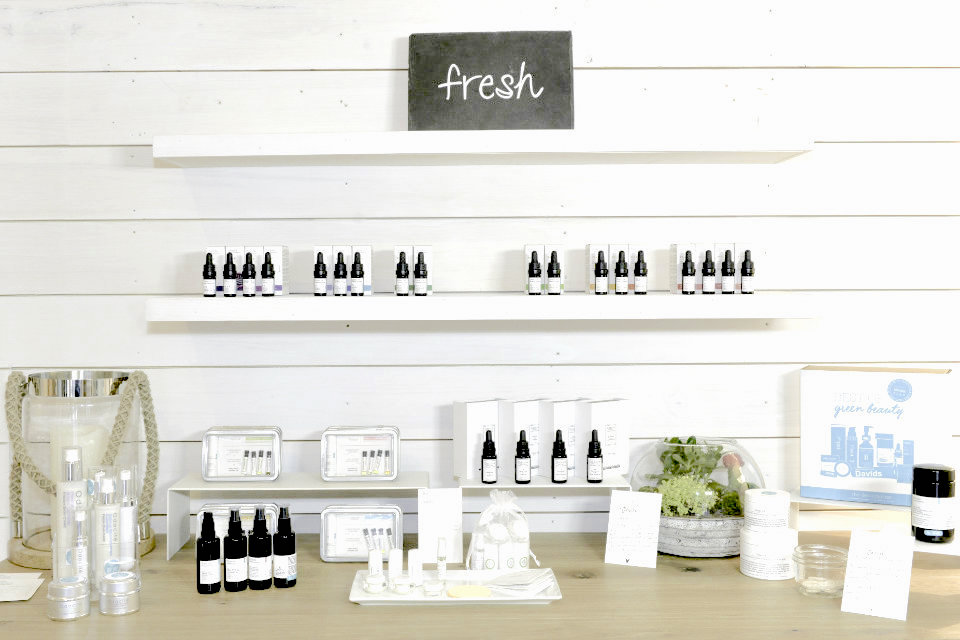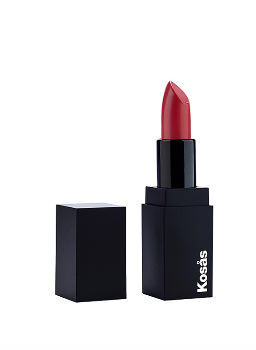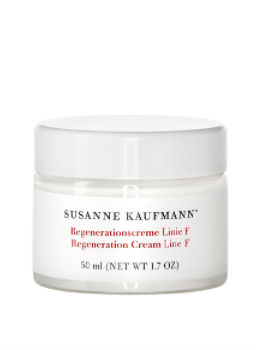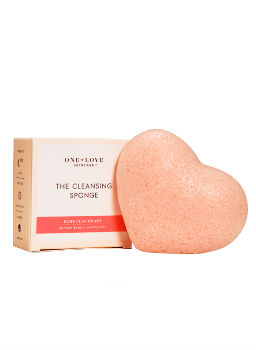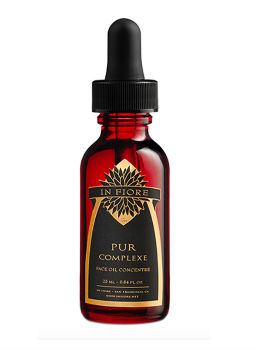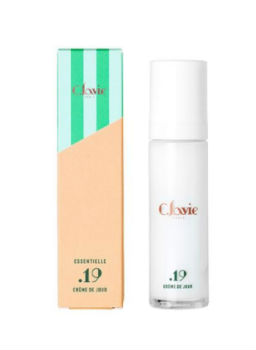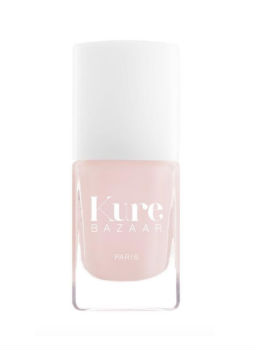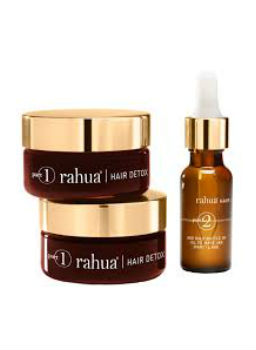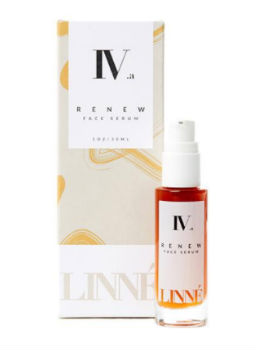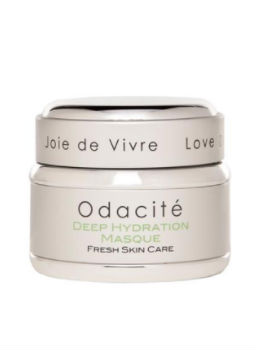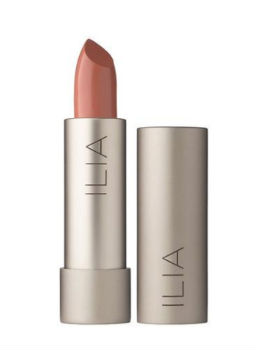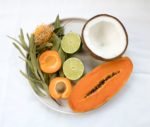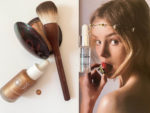It Looks Good – But Is It Good For You?
A little insight into the ingredients in cosmetics
Add witch hazel to myrtle oil – and stir.
Sprinkle in titanium dioxide and a slither of mica for a sweet shimmer.
Ever wonder what’s brewing in your cosmetics? Or why those chemicals with wicked names are in them?
I did, so I consulted experts from three top-of-the-line retail destinations for quality “green” and organic cosmetics: Goodbeing, Credo, and the Detox Market. They told me what ingredients to avoid, how they select products, and who the high-performers are.
An added bonus: my experts told me about their wonderful businesses. These e-commerce sites, retail stores and hybrids of retail and digital, are innovative next-generation “stores” that will become your best resource for the best natural cosmetics and skincare.
Organic/Natural vs. Conventional Brands
Organic cosmetics are composed of organic ingredients.
The use of the term organic in ingredients is a label strictly regulated by the US Department of Agriculture, and applies only to products cultivated without the use of most synthetic insecticides, fungicides, herbicides, and pesticides and must also be free of genetically-modified ingredients. Otherwise all (not just organic) cosmetics are regulated by the FDA.
Aysia Wright, founder of the digital store Goodbeing, explains how this plays out in product:
Most natural or organic cosmetics do not use all certified organic ingredients. They are, however, free of many ingredients with documented concerns or links to health issues.
INGREDIENTS
The Short Story
• Not all “natural” ingredients are safe. You need to be informed.
• Certain ingredients in both natural and organic cosmetics are associated with health risks like lung disease – i.e. titanium dioxide which is a sunscreen. But any potential risk is closely linked to the size of the particles, level of exposure, and how the product is applied.
• According to Aysia Wright: “Many formulators of “organic” or healthy products make use of whole ingredients vs. isolates that offer a complete profile of enzymes, minerals, vitamins and other beneficial compounds. Brands are looking at preventative… treatment – to reduce inflammation, support skin, (improve) the body’s ability to heal…”
• Many conventional cosmetics contain ingredients that can cause a host of health issues from cancer and reproductive issues to auto-immune issues and neurological damage.
• Conventional cosmetics may contain allergens that can cause DNA/cell damage in addition to environmental harm. For this reason, “healthy or green” cosmetic suppliers ban products with certain ingredients.
• The Detox Market bans aluminum, formaldehyde, mercury, propanol, hydroquinone lead, polysorbates, parabens (find the complete list here). They advise consumers to avoid parabens, synthetics fragrances, phthalates, glycols and PEGs.
• Credo bans any product containing ingredients on the California Prop 65 list (i.e. with known carcinogens). Additionally, they do not carry products tested on animals.
COST
While not all natural or organic cosmetics are more expensive than commercial products, many are. That’s because they’re produced in smaller batches under more strictly regulated conditions which results in higher cost. They also typically contain better, often more expensive, ingredients.
But save yourself trouble and head to these stores for guidance on selecting the best- in-show.
______________
GOODBEING

This exclusively e-commerce destination for cosmetics and skincare products was founded by Aysia Wright in 2011. Wright had many years of experience in the “eco” arena – i.e. environmental policy, law, marketing, and eco-conscious apparel.
Goodbeing vets brands according to strict ingredient and performance standards, sustainable living production, and a commitment to “doing good.” They offer customers personalized service to help them navigate the many health and wellness product choices.

Goodbeing is a subscription service. Members sample health and wellness products monthly which comes in “beauty box” which contains 4 or 5 trial sizes of make-up, scents, accessories, skin and nail care products ($ 18-21/month). Starting in April, “deluxe” boxes, containing a few luxury products in full sizes, will be available at $ 45.
CREDO

Headquartered in San Francisco, Credo was founded by industry veteran Shashi Batra. A hybrid of e-commerce and retail stores (SF, NY, and LA), the company is expanding: a new store (in Brooklyn) opens this spring.

The company is inspired by a holistic vision of what beauty is and stand by three “credos:” nature, beauty, and unity.
They carry 100+ skincare and cosmetic brands that don’t use harmful or toxic ingredients, are ethically sourced and use sustainable production methods.
Recommended Products
Sahajan Ritual Body Oil, Olio e Osso Tinted Balms, In Fiore Pur Complexe Face Oil, Susanne Kaufmann Skincare Line F Regeneration Cream, One Love Organics, Tony & Tina, Kosås Lipsticks, Vapour Atmosphere Luminous Foundation, RMS Magic Luminizer, W3ll People Expressionist Mascara
THE DETOX MARKET

Founded in 2010 by Romain Gaillard in 2010, The Detox Market started as a pop-up store that caught on and popped up in other cities. Now permanent, the company, headquartered in LA and Toronto, has retail stores in several cities in addition to their online presence.
A self-described leader in “green beauty,” Gaillard is excited about the promising future of natural cosmetics whose performance, he says, “is as good as conventional brands.”

Pre-testing many products, the company’s natural and organic products is carefully selected and includes exclusive brands:
Kure Bazaar, C La Vie, Honore des Pres
Gaillard’s Personal Faves:
RMS Beauty, Kjaer Weis, One Love Organics, Linné Botanicals, Rahua, Rituel de Fille, and C La Vie.
Best Sellers
W3ll PEOPLE mascara, RMS luminizer, ILIA Lipstick, Odacité Masque.


